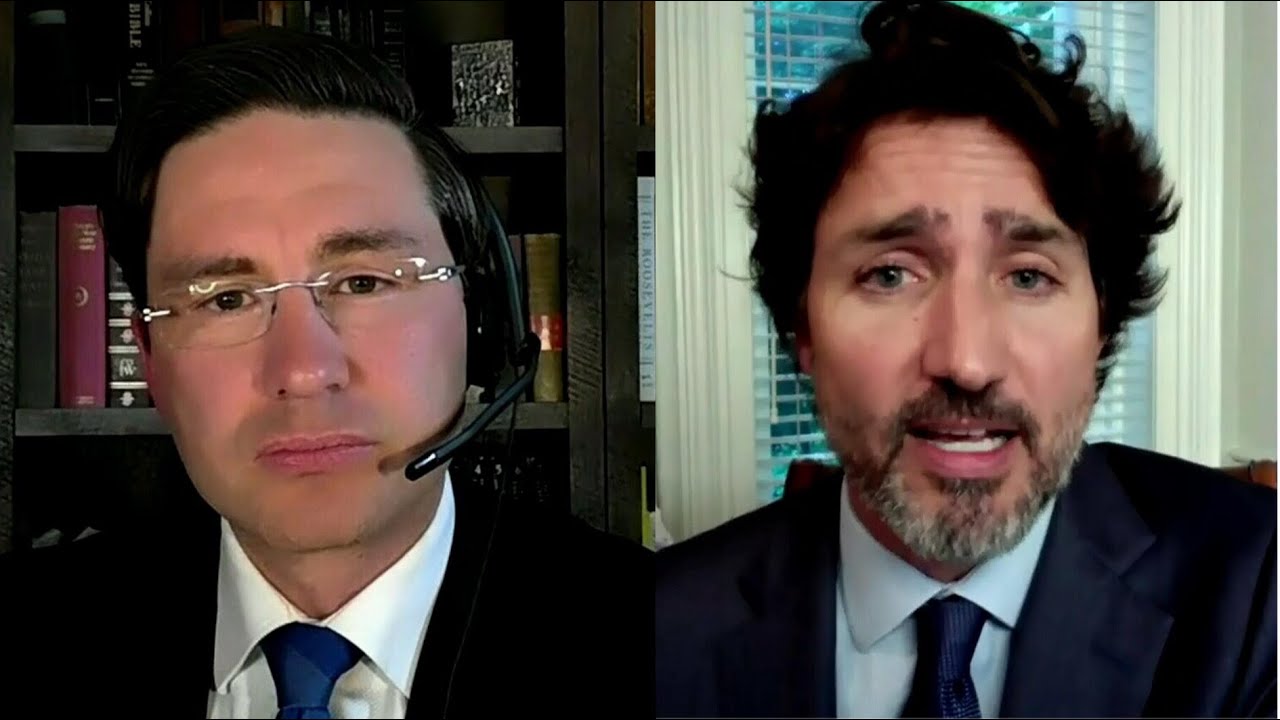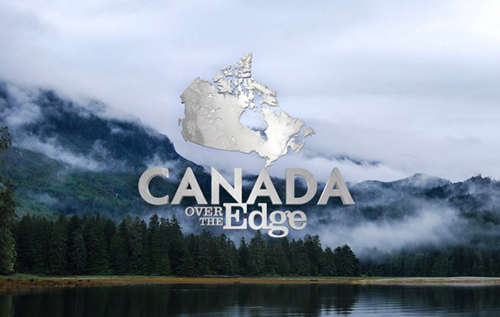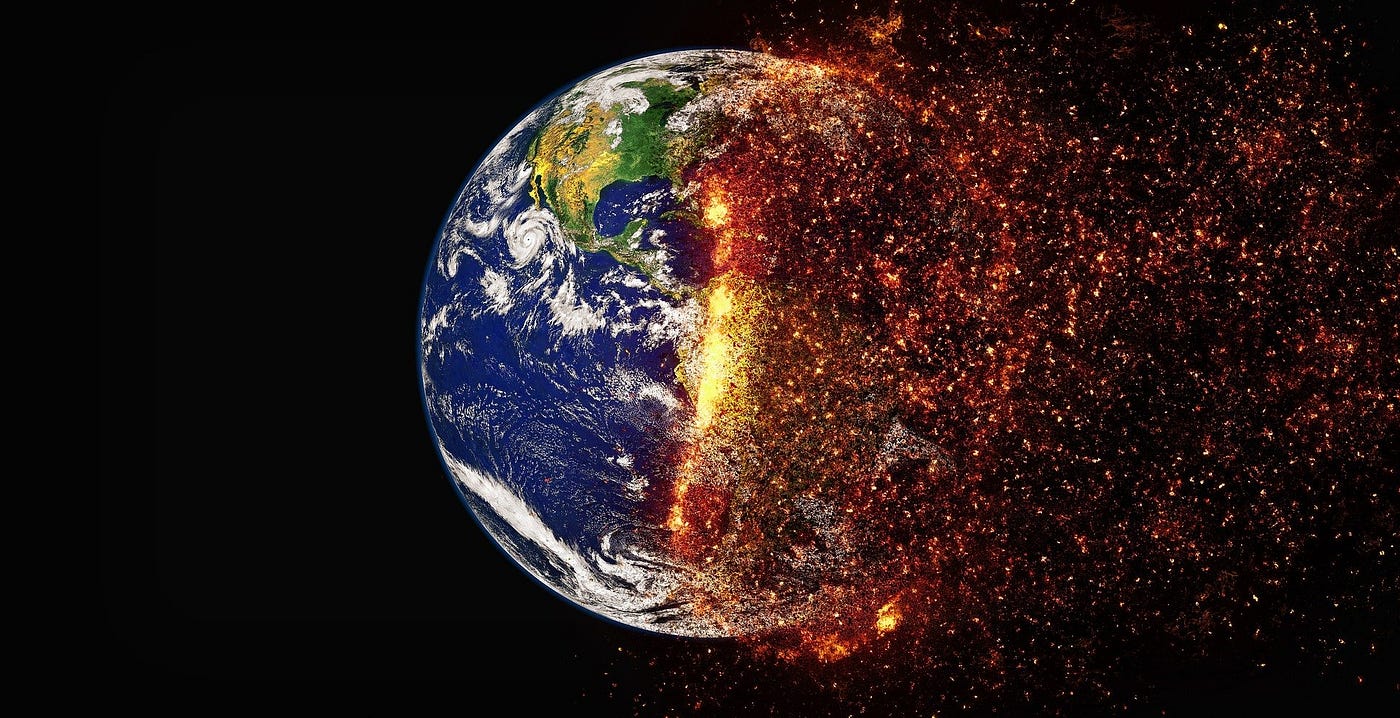In a scathing critique of Prime Minister Justin Trudeau’s government, Pierre Poilievre, a prominent Canadian politician, has denounced what he perceives as a concerning trend toward censorship. Poilievre, a Member of Parliament from the Conservative Party, has raised serious concerns about the erosion of free speech and democratic values under the Trudeau administration.
Poilievre’s criticism stems from recent incidents where the government has been accused of stifling dissent and limiting the public’s access to information. The Conservative MP argues that these actions not only infringe upon fundamental rights but also undermine the principles that form the bedrock of Canadian democracy.
One particular incident that has drawn Poilievre’s attention is the government’s handling of the media. The MP highlights the increasing centralization of media control under Trudeau’s leadership, where he claims that the government has exerted undue influence over news outlets and attempted to shape the narrative to suit its own interests. Poilievre alleges that this manipulation undermines the freedom of the press, an essential pillar of a healthy democracy.
Moreover, Poilievre points to recent instances of alleged government censorship, where he claims that dissenting voices and critical viewpoints have been silenced. He argues that Trudeau’s government has shown a tendency to muzzle political opponents and restrict the flow of information, presenting a worrying precedent for the erosion of democratic discourse.
To support his argument, Poilievre references the controversial Bill C-10, which seeks to regulate online streaming platforms. Critics argue that this legislation poses a threat to freedom of expression, as it grants the Canadian Radio-television and Telecommunications Commission (CRTC) increased powers to regulate online content. Poilievre contends that this represents an infringement on Canadians’ right to express their views openly and without undue interference.
The Conservative MP emphasizes the importance of upholding democratic principles, including the protection of free speech and open dialogue, as crucial components of a healthy and vibrant society. Poilievre asserts that Trudeau’s government has failed to demonstrate a commitment to these values and instead appears to be prioritizing control and conformity over the robust exchange of ideas.
As an opposition voice, Poilievre is determined to hold the government accountable for what he views as a concerning pattern of censorship. He argues that the erosion of free speech has far-reaching implications, stifling innovation, hindering progress, and ultimately weakening the very fabric of Canadian democracy.
In response to Poilievre’s accusations, Trudeau’s government has defended its actions as necessary measures to combat misinformation and protect the public interest. The government contends that its policies aim to maintain social harmony and prevent the spread of harmful content while respecting the rights of Canadians.
As the debate surrounding censorship and free speech continues, the clash between Pierre Poilievre and Justin Trudeau’s government highlights the deep divisions and contrasting visions for Canada’s future. Only time will tell how this issue will be resolved and whether the government will address the concerns raised by Poilievre and others who argue for the preservation of democratic values.










